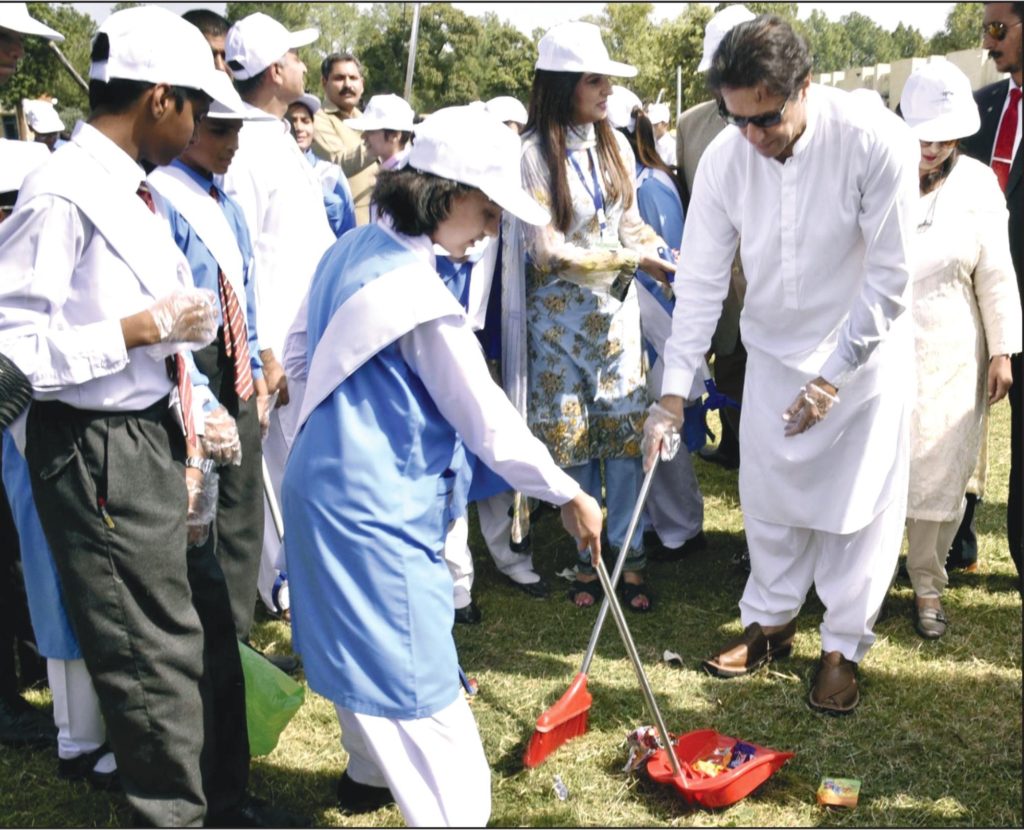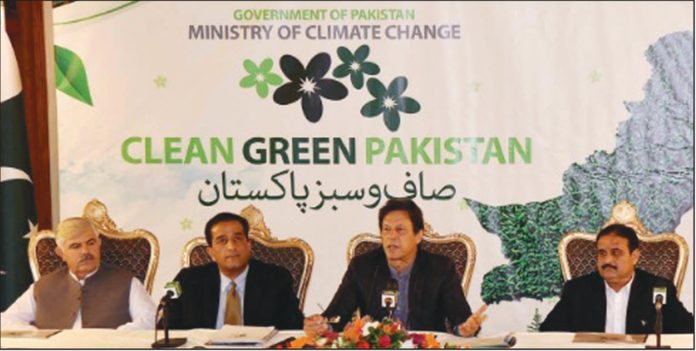World Economic Forum 2020 opened with over 3,000 participants this year. Over the years, the forum has noted a significant increase in the footfall. What would this mean for the beautiful locale in the Swiss Alps as visitors trek from all over the world for this event in a small community that host the world’s top global leaders with their delegations? Keeping in mind the theme “Stakeholders for a Sustainable and Cohesive World,” this required a little self assessment. Adopting the UN SDG goals meant that even the meeting venue had become a safe space for everybody, just as the saying goes, “Change starts at home.” The WEF took lead by setting up its structure and premises via top eco-friendly methodology.
The Eight Environmentally friendly steps looked reasonably simple. Yet it would’ve been a big shift in not only the way they were perceived but the huge amount of effort and resources needed to implement them. Items used at the annual meeting were sourced responsibly. They even went as far as replacing conventional paint with non-toxic paint, produced from renewable sources (seaweed). Conventional carpets for the session room tags were replaced with carpets made of end-of-life fishing nets and fluff. Forum notebooks and institutional publications were all cradle-to-cradle certified. And to negate the effects of carbon emissions, walking was encouraged rather than using public transport. The hosts gave out free walking grips and user-friendly maps to the participants. The forum had offered discounted train tickets to participants, and a temporary railway station was set up near the Congress Centre. Free shuttles and public buses provided a means of getting around and the cars (almost 90 per cent) that were used to transport public figures were either hybrid or electric. The health bar for the participants upheld what they called Future Foods and kept seasonal produce and featured Future Food Wednesday; encouraging an alternative to eating proteins. LED lights were used throughout the session rooms, re-usable banners were displayed and plastic-free beverage holder and cloakroom bags were used. Of course, there were exciting and impressive discussions with young environmental activists like Greta Thunberg. A much important discussion was held on Climate Change based on the impact on oceanic life to sustainability and resources in the world today.
A visit to Switzerland leaves you in awe of its grandeur and beauty. The more incredible fact is that over the years, the landscape has not worsened. The air quality and water still hold one of the top places in the world. How did they do all this? Lots of smart thinking, dedication to keeping their country healthy and a lot of commitment to the cause! The Forum, which started adopting SDGs, aims to reduce the CO2 emissions of all its activities, methodically calculating by actively supporting environmental projects both within Switzerland and abroad. The end goal was to be a 100 per cent climate-neutral event.
In the same line of thinking, keeping in mind the SDG Agenda 2030, Pakistan has also started some internal processes. It was recently recognised on an international forum for its developmental work. PM Imran Khan spoke in Davos 2020 on several levels of the work being done on finance and economic gains. He also included climate change action. Recently, Pakistan’s work regarding increasing Mangroves cover as well as the regeneration of forests in the KP province has been heralded as a successful model adopted for the rest of the country and even recognised globally at the COP-25 (25th UN Conference of the Parties), organised by Sustainable Development Policy Institute (SDPI).
The COP-25 has now invited Pakistan to join the blue carbon economy, which makes use of mangroves to decrease carbon emissions. With its active policies presented in COP-25 in Madrid, Pakistan has now been re-elected as the vice president for the COP-26. It is also now a member of key committees at climate change negotiations.

Clean Green Pakistan
Being a developing country, Pakistan faces such issues with a severe shortage of resources to tackle climate change. A joint effort between the government and civil society at all levels is required to mitigate such threats. The number of heatwave days per year has fivefold increased in the last 30 years, and annual rainfall has also historically increased. It is expected that by the end of the century, the annual mean temperature in Pakistan is expected to rise by 3? to 5? (Source South Asian Development Bank Report 2017). All of this will most likely affect the low-lying coastal areas of Karachi and the country with a devastating impact on our survival. The government of Pakistan already assessed the issues of carbon emissions last year. It is one of the foremost countries in the world to set up its own Ministry of Climate Change (MOCC). The MOCC was established in 2017. It has linked departments with the Pakistan Environmental Protection Agency, Global Change Impact Studies Culture and the Zoological Survey of Pakistan.
The effort to create a change starts at home. The word “change” being the key component of the current government’s mantra through the MOCC. The PM of Pakistan launched the Clean Green Index and the Clean Green Champion program in November 2019. The CGPI is an index of five pillars of the Clean Green Pakistan Movement: safe drinking water, sanitation, liquid waste management and hygiene, solid waste management and increased plantations.
Clean Green Pakistan is a drive to tackle pollution and global warming. The PM urged the students and the youth to lead the campaign as the future of the country. He also announced the 10 Billion Tree Tsunami project across the country, which was the 10 year initiative to plant more trees specifically in terms of Mangrove trees (Mangroves being active carbon emission absorbers), a project already underway. The drive also includes the construction of landfill sites in most areas to ensure the proper disposal of garbage. This is a public-private effort funded by the government as well as concerned citizens of the state.
Newer schemes include Climate Resilient Urban Human Settlements Unit and the establishment of Pakistan WASH Strategic Planning and Coordination Cell (facilitating Achievements of SDG 6.1 both of which are UN approved). Water projects that initiate dams for the conservation of water and smart planning for its utility apart from the above projects are already underway separately. The Ministry is focusing on many issues, and notable gains have been witnessed in reducing single use plastic. For example, the capital city Islamabad is plastic free now while Hunza has become a complete plastic-free zone. The Ministry also leads in conducting surveys on endangered wildlife collaborating with WWF to safeguard species such as the Indus Dolphins and endangered mountain lions amongst others. As a developing country, Pakistan is now being recognised by foreign bodies as it hopes to get on board with its groundbreaking programs. With the latest introduction of electric rickshaws, a reduction is expected in the carbon footprint of toxic emissions.
As an emerging nation, Pakistan has never been one to be left behind. Now, as a united effort and going past political affiliations, we must address climate change issues and implement solutions as global citizens of the world. Although climate change and its stark extremities are certainly upon us, it will be the foresight for the leaders of this nation to implement not just in word or policy, but more facilities, think tanks and even legislation, which will impact millions.




